A retail market worth $450 billion currently. A middle-class population expected to grow to 267 million in the next five years. How can any international retail company interested in growth ignore the Indian market?
While most of the big names of the retail world, such as Carrefour and Wal-Mart, have been eager to enter this lucrative market, the Indian government has been reluctant to open the doors wide open to investment over fierce political opposition and resistance from millions of small shopkeepers who fear that the move could drive them out of business.
Currently, companies are only allowed wholesale outlets and cannot sell directly to buyers. Only single-brand companies like Levi’s are allowed to do that.
Now, finally, liberalisation seems to be on the horizon: over the past ten days, there has been a spate of media reports indicating that the government is close to permitting foreign direct investment (FDI) of 51 percent in the multi-brand retail segment.
The Business Standard newspaper reported that the government’s Committee of Secretaries had approved a proposal to allow FDI of up to 51 percent by multi-brand retail companies. Of course, the proposal still needs Cabinet approval. Moreover, the proposal is accompanied by some tough conditions: the minimum investment is $100 million, 50 percent of the foreign investment has to be channelled into supply chains; 30 percent of sales have to come from small traders; and foreign retailers have to source at least 30 percent of manufactured items from local small and medium-scale enterprises.
The proposal to introduce FDI in retail even has the backing of the Reserve Bank of India, which said it believes the move will help to dampen soaring inflation - an argument that several international retailers have also advanced to promote their case for entry. They have argued that a higher international presence in the retail sector could lower prices and improve the food chain.
According to industry estimates, up to 40 percent of India’s fruit and vegetables rot before they can be sold because of a lack of cold-storage facilities and poor transport infrastructure.
That’s not the only problem: according to a Citi report entitled “India Retail: From Evolution to Revolution Part III”, other issues bedevilling the industry include high working capital requirements, ($15-20 per square foot versus $5-8 per square foot in Asia), complex and high inter-state taxes; higher inventories because of logistical uncertainties; and a lack of automated operations. “Indeed, some players don’t have the concept of a chief buyer/merchandiser,” the Citi report added.
A recent Wall Street Journal newspaper report also pointed out that companies faced challenges in acquiring prime real estate, which has proved daunting to even domestic retailers. In addition, while integrating themselves with local producers, foreign retail companies will have to deal with existing intermediaries, who may be reluctant to change established food supply chains, it pointed out.
Not surprisingly, the Citi report says local retailers would benefit from the technical and human expertise, and investments in the supply chain, that foreign investments would bring.
WHO’S INTERESTED?
Yet all these problems could also deter foreign investment, despite a possible policy change, warned an accompanying Business Standard report .
That’s true. Nevertheless, the allure of the Indian retail market is too great to ignore. After all, India is ranked fourth on US consulting group AT Kearney’s Global Retail Development Index for 2011. Emerging markets like India, China and Russia are the next big markets for retail growth, said experts.
Citi says it expects India to continue opening its retail sector in gradual phases, similar to the manner in which China opened its sector. China first relaxed restrictions on foreign investment in retail in 1992; only in 1994 did they permit 100 percent-owned foreign ventures to enter the market.
“The approach has been successful - both domestic and foreign players co-exist in China,” notes the report. “Within formats, however, the competitive intensity isn’t uniform - MNCs (multi-national corporations) dominate the hypermarket space, while supermarkets are dominated by locals given their location/first mover advantages.”
Organised retail currently accounts for 10 percent of India’s retail market. Moreover, modern retailers had been gaining share and growing faster than traditional small retail outlets in the past five years, the Citi report said - a fact that is likely to harden political opposition to the move to introduce any further FDI in the sector.
Indeed, overcoming political opposition will be the government’s biggest challenge. If it manages to succeed, foreign investors will be more than eager to explore the Indian market, irrespective of what they say right now.
Certainly, there are signs that companies are not ignoring current developments.“Carrefour can contribute to modernise distribution in India,” Florence Baranes-Cohen, Carrefour spokeswoman, said in an e-mailed statement on 21J uly. “We’re following closely the potential evolution of legislation in India.”
And late last week, CESC, a power generation company, was also reported to be talking with overseas companies for a possible equity participation in its retail venture, Spencer’s.
“There is some kind of a dialogue, but till the FDI (foreign direct investment) rules are amended, it actually doesn’t have any bearing,” CESC vice-chairman Sanjiv Goenka told DNA newspaper.
That view was echoed by Anshuman Magazine, chairman and managing director of CB Richard Ellis (South Asia), who told Business Standard: “Only 6 to 12 months after the Cabinet decision on FDI in multi-brand retail can we expect to see people starting to talk actively.”
Indeed, retailers would do well to wait for the final word on the issue before they start to pop open their champagne bottles.
Watch Video: FDI in retail to come with riders attached, says Biyani


)




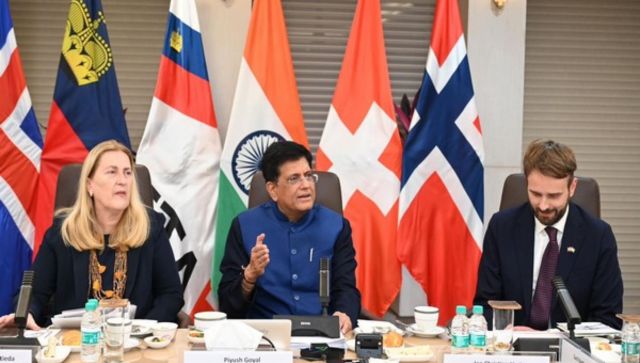)
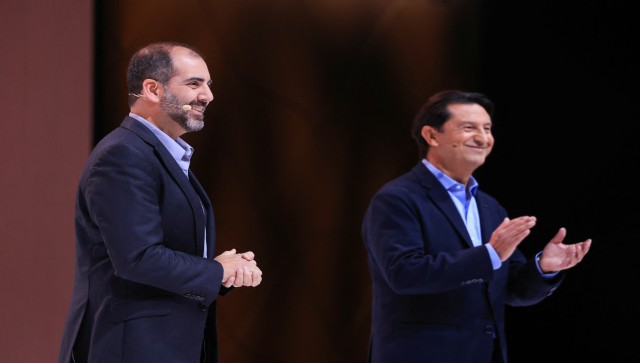)
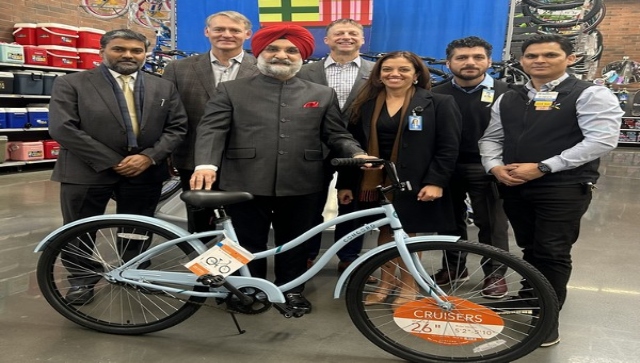)
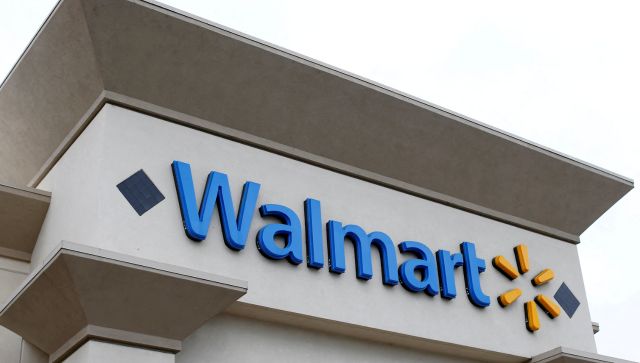)
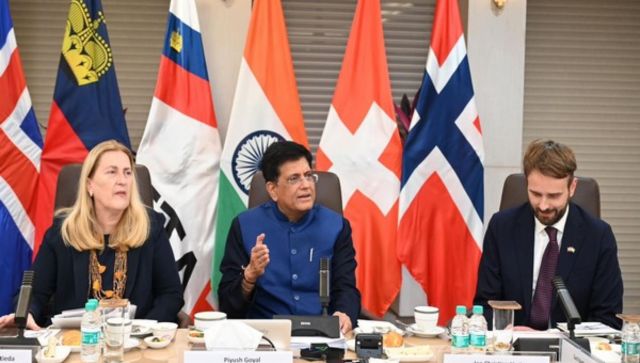)
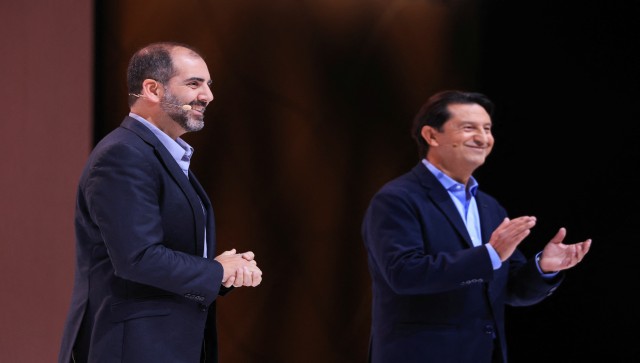)
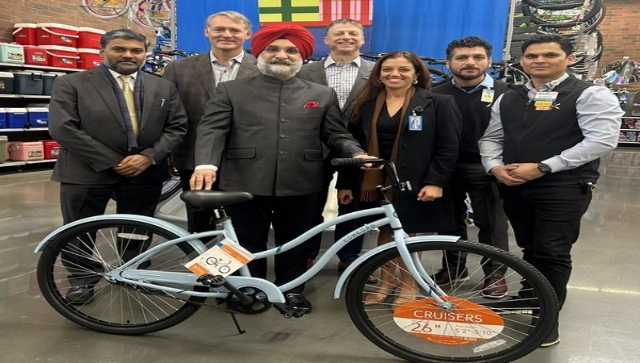)
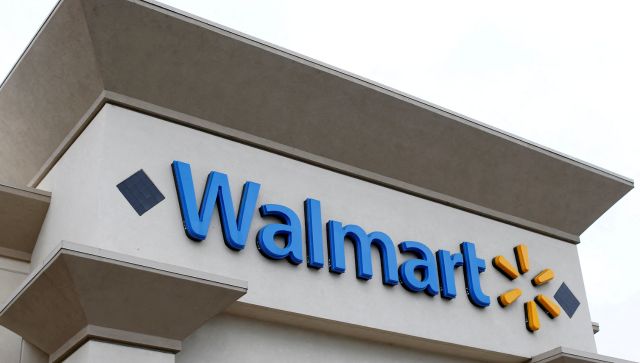)